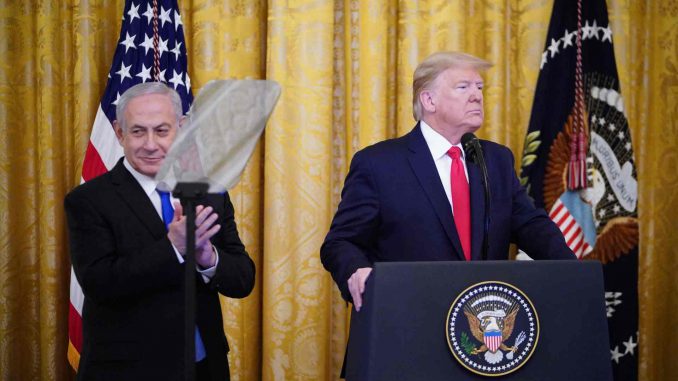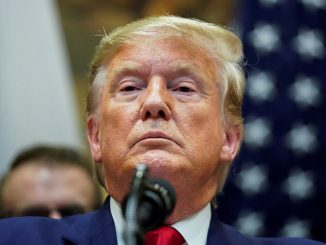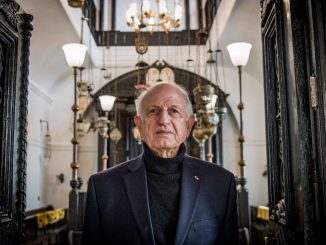
So far, Morocco has not expressed any official position regarding the announcement made by the President of the United States of America on the details of the “deal of the century” at a press conference at the White House, although it had previously participated in the Bahrain workshop, in which a number of countries supporting the initiative participated, and had expressed its firm position on the Palestinian and Jerusalem situation at that time in its role as Chairman of the Al-Quds Committee.
On the other hand, many Arab countries expressed divergent positions on the “deal of the Century”, including Saudi Arabia, which confirmed, through a statement by its Foreign Ministry, its support for “all efforts to achieve a just and comprehensive solution to the Palestinian question”, adding that it “appreciates the efforts of the Trump administration to develop a comprehensive peace plan between the Palestinian and Israeli sides, and encourages the opening of direct peace negotiations between Palestinians and Israelis under the auspices of the United States, and the settlement of all disputes over all aspects of the plan through negotiations, in order to advance the peace process, leading to the conclusion of an agreement that will enable the brotherly Palestinian people to enjoy their legitimate rights. »
The same position was expressed by the United Arab Emirates, whose Ambassador in Washington, Mr Youssef Al-Outaiba, considered the agreement “an important starting point for resuming negotiations in an international framework led by the United States”.
For its part, Egypt also called on the Palestinians and Israelis to open channels of dialogue to resume negotiations under the auspices of the United States and to carefully study the American vision of peacemaking to grasp all its dimensions, with a view to reaching an agreement that meets the aspirations and hopes of both peoples for a comprehensive and peace and the establishment of an independent Palestinian state.
For his part, the US President explained that the “deal of the century” offers “a realistic two-state solution and a win-win opportunity for both sides”, describing the agreement as “historic” and “the last chance to achieve peace for the Palestinians”. He also revealed at the conference, which was attended by representatives of some Arab countries such as Bahrain, the United Arab Emirates and Oman, that the agreement will allow Israel to annex the Jordan Valley and recognize Jerusalem as the unified capital of Israel, as well as include a clause on freezing the construction of new Israeli settlements for a period of four years, provided that negotiations on the details of a comprehensive agreement between Israelis and Palestinians are held during that period.
The agreement, which Trump calls a “peace plan”, and which runs to 80 pages, will also allow the Palestinians to double the size of their current territory. This will be accompanied by $50 billion worth of international investment that will create one million jobs for Palestinians over the next ten years. Palestinians will create a Palestinian state with East Jerusalem as its capital, provided they “clearly express their rejection of all forms of terrorism and violence” and “respect human rights”. The US President also promised that the agreement would not force anyone, either Palestinian or Israeli, to leave their homes.




Be the first to comment